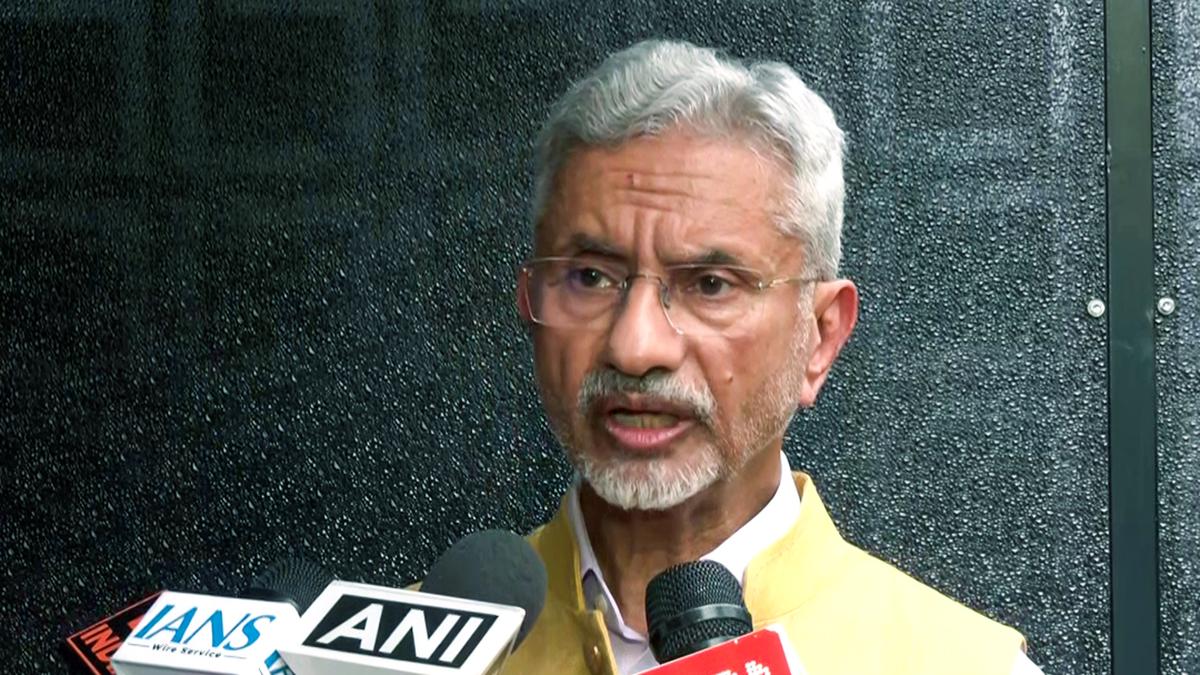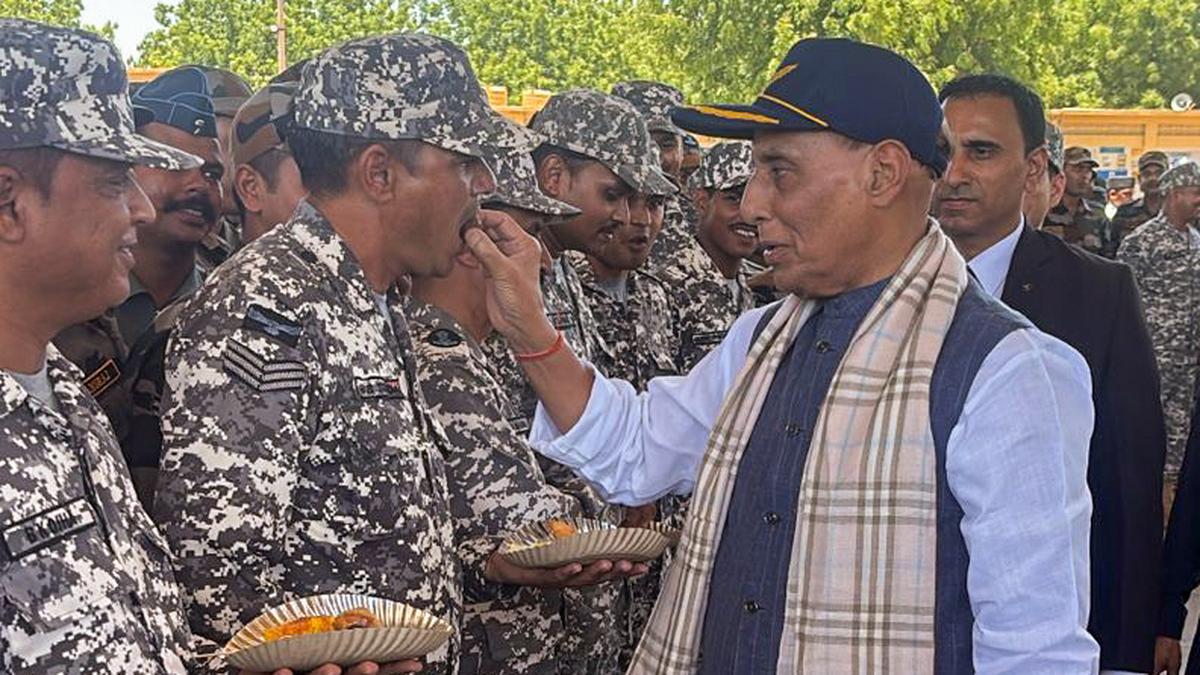New Delhi, May 16, 2025 — In a significant diplomatic move, India announced a temporary suspension of the Indus Waters Treaty, citing Pakistan’s continued support for cross-border terrorism. External Affairs Minister S. Jaishankar stated that the decades-old agreement will remain in abeyance until there is verifiable cessation of terrorist activities originating from Pakistani soil.
“The Indus Waters Treaty was founded on mutual trust and peaceful cooperation,” Jaishankar said at a press briefing in New Delhi. “That trust has been repeatedly violated. India cannot be expected to uphold its end of the treaty while Pakistan continues to provide a safe haven and support to terrorist elements targeting our nation.”
Signed in 1960 and brokered by the World Bank, the Indus Waters Treaty governs the sharing of the six rivers of the Indus basin between India and Pakistan. Despite wars and border tensions, the treaty has largely endured as a rare symbol of cooperation. However, the recent flare-up in hostilities along the Line of Control, triggered by a series of cross-border attacks earlier this month, has strained bilateral relations to a breaking point.
This is not the first time India has hinted at reevaluating the treaty. Following the 2016 Uri attack and the 2019 Pulwama bombing, officials had suggested reviewing India’s commitments under the agreement. This time, however, the suspension has been made formal, marking a major policy shift.
Experts say the move is likely to escalate diplomatic tensions but could also serve as a powerful pressure tactic.
“This is not just about water; it’s a message that continued aggression will have real consequences,” said Dr. Meera Menon, a South Asia policy analyst at the Indian Council for Strategic Affairs. “It also opens the door to renegotiating outdated clauses in the treaty that no longer reflect the region’s strategic realities.”
The Pakistani government has yet to issue an official response, though officials in Islamabad have historically viewed any disruption to the treaty as a provocative act. Environmentalists and human rights groups have also expressed concern over the humanitarian implications of the move, particularly for downstream populations in Pakistan who depend heavily on Indus river water.
India’s position, however, remains firm. “Water cannot flow to those who send weapons and militants across our borders,” Jaishankar concluded.


